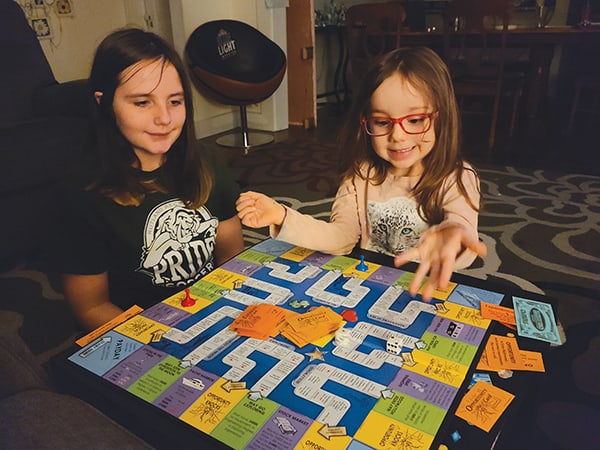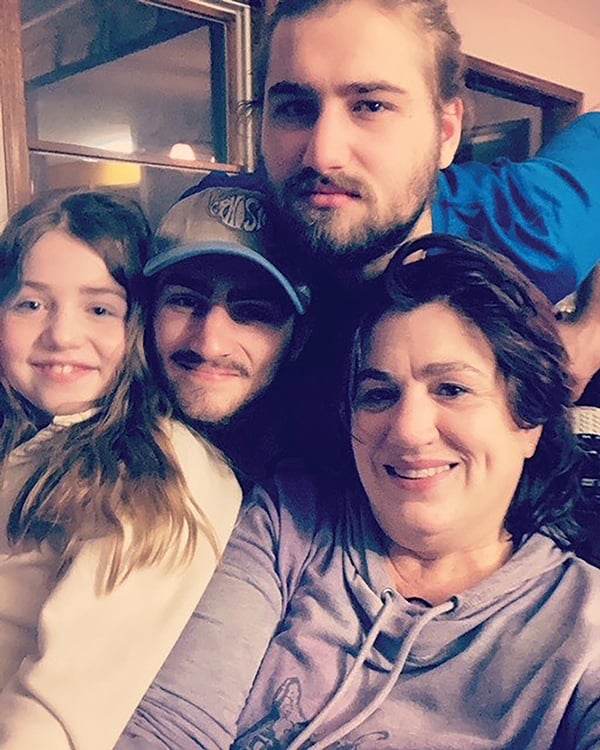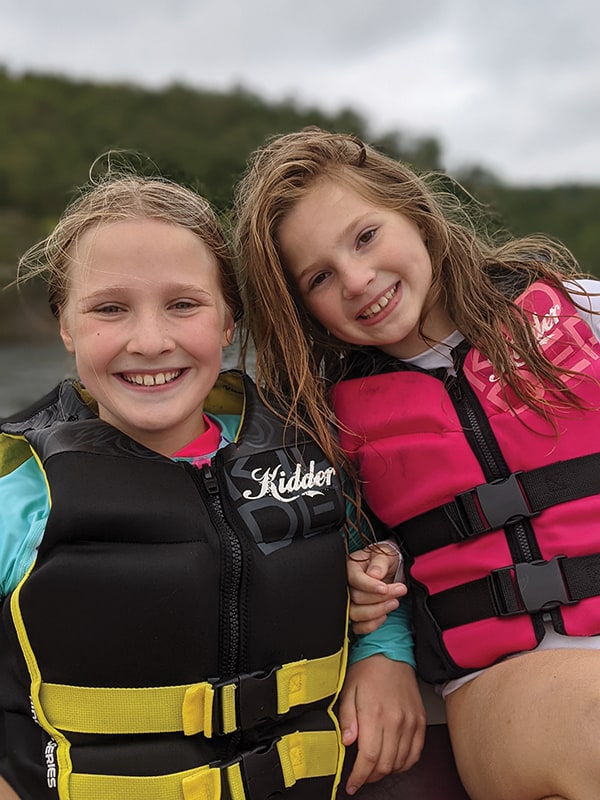Schools attempt to fill academic, social and emotional cracks
By Victoria Gaither
Who would have ever imagined on March 18, 2020, when Governor Phil Scott ordered all Vermont schools to shut down, that two years later educators would still be fixing the cracks inside of them — the lingering academic, social and emotional effect of Covid-19.
It was a stressful and scary world to navigate. Mitigation measures including mandatory masks, social distancing, virtual learning, hybrid learning, vaccinations, Covid testing, loss of contact with friends, canceled plans and the uncertainly of what’s next, day to day.
All while parents watched and waited — and tried to help their kids adapt as best they could.
We know Central Vermont students are tough and resilient, but Covid was a monster that didn’t go away. It was all-consuming!
This school year, the majority of kids are back in the classrooms, yet voices from parents and administrators still cautiously approach the future — albeit now with a renewed sense of hope and optimism now that recovery and revitalization are the main focus aimed at combatting longer-term effects on kids, their parents and educators.
Covid has left Jen Rondinone, mom of three, from Rutland dealing with anxiety.
“One of the bad changes is we all have higher anxiety. My 4-year-old gets stressed now, even when dance is closed for vacation. Her first thought is Covid, then ‘can we do it online?’ It’s confusing for a child that young,” said Rondinone.

Evelyn and Lucia play board games, something they did during Covid.
She added, “For my kids, the loss of social activities has been the hardest part of Covid.”
So to minimize the stress and anxiety, she enrolled them in multiple activities hoping if one canceled, another would pick up.
“The biggest challenge has been trying to find the best balance between my girls’ physical and emotional health,” she explained.
Rondinone has three daughters: a 19-year-old (Michelle) who graduated last year from Rutland High School, a 10-year-old (Evelyn) who attends Rutland Intermediate School, and a 4-year-old (Lucia) who is not in school yet.
“As a mom trying to juggle multiple schedules, it was a nightmare. Even with color-coded calendars, it added to the sense of constant inconsistency,” she said, but still she managed.
Also, trying to navigate virtual and hybrid learning was a concern for her and other parents. She wondered if her kids were being left behind because in-person learning is better.
Glenn Scott, a father of a 7th- and 9th- graders in Rutland City School, reported that his kids navigated the transition well. “My children both did well with the virtual learning environment. I think Covid and virtual learning brought to the forefront the idea that some students need close hands-on interaction with the learning environment. But it also demonstrated that some students, due to learning styles, can thrive and blossom in the remote model.”
Scott worries most about the vulnerable and at-risk kids in this community. He wants no kids left behind in the aftermath of Covid. “So many students missed out a great deal. Particularly students with food instability and students in the early developmental years, which are key to future success,” he said. “Some students needed the love, support, and care that teachers provide just in showing up. These were big losses for some kids.”
Principal James Slenker of West Rutland School agreed, adding that the state of Vermont requires each school to put into place programs to help with students’ social and emotional needs.
Slenker, a long-time school administrator, has seen a lot in his career but said his students’ ability to adapt stands out. “The kids are resilient, they have been flexible, their family and community have been flexible,” he said, adding that technology was a tremendous help during the last two years of Covid. “It helps that the younger generation are tech-savvy, and the technology is there to help support what we were doing.”
Helvi Abatiell of Mendon was grateful for a Chromebook she received from Barstow Unified, for her daughter, a 4th-grader, who, despite a tricky start to virtual learning but came out a winner, she said. “Virtual learning was tough getting started, but she picked it up quickly and was able to navigate that platform easier than me.”

The Abatiell Family of Mendon gather together.
Abatiell (who also has two boys) praised Governor Phil Scott’s efforts in dealing with Covid.
“I love the way Governor Scott navigated this disaster in stride, like a race car, dealing with everything thoughtfully and with purpose. I’m proud of being a Vermonter during Covid.”
Christina Sweet, mother of two, whose youngest attends Christ the King School of Rutland and oldest Rutland Town School, said her girls, Kristen and Jill, had no problem wearing masks but losing socializing with peers was tough.
“This was so hard. We tried to make a point to have face-time chats and phone calls. We also did distant playdates, which was strange but better than not doing anything,” she said. Sweet herself works in the education field.
“The teachers at Christ the King were so amazing at keeping in touch and helping keep their peers in touch. They continued the learning but also kept online fun,” Sweet added.

Kristen and Jill Sweet had fun at Lake Bomoseen with “quaranteamed” friends over the summer.
West Rutland School Nurse Sue Brewster reflected on the pandemic over the past two years. “In 2020, everyone was scared to death. People rarely came to my office because people who were sick stayed home — going to see the nurse felt almost like taboo.
“In 2021, while not normal, we ended the online learning period and reunited students with their peers, teachers, and teammates — the joy was palpable!” she continued.
Although she said, winter 2022 did throw the schools a curve ball as the post-holiday Covid surge sidelined kids both in academics and sports.
As a nurse, Brewster is on the front lines and sees many kids of all ages. She summarized: “Students will always have a bright future because they are so adaptable.”
Now schools are focusing in on filling the cracks from the monster of Covid.
That’s the thing about cracks: some are small while others are big, but with enough love and attention, they heal (hopefully). Kids depend on it.




